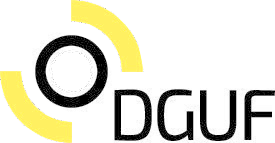Digital excavation and the new skills for archaeologists in the DELTA project
Identifiers (Article)
Abstract
The COVID-19 pandemic disrupted education provision at an unprecedented scale. The impact of limited use of digital educational tools and skills became more apparent during the pandemic, which created serious problems in conducting face-to-face excavation training in both the classroom and on excavation sites. Within this context, the integration of these two physical spaces through the digital “space” of online training is the main objective of project DELTA “Digital Excavation through Learning and Training in Archaeology”, a transnational project funded in the context of Erasmus+/KA2 EU program (2019-2022) with the coordination of the Hellenic Open University (DAISSy research group) and participants the relevant departments of archaeology of National and Kapodistrian University of Athens (Greece), University of Basilicata (Matera, Italy), and Masaryk University (Brno, Czech Republic). The results of the first phase of the project included desk research aiming at recording the existing situation in the three countries concerning: the use of digital applications in archaeological excavations, courses on excavation practices, methods/techniques, and the use of digital educational tools. The survey recorded the most recent trends in the university curricula, existing digital skills and level of expertise of students - professionals, their needs and desires concerning the use of digital applications in excavation and archaeological education. The results proved to be particularly revealing, especially when comparing the situation between the three countries. DELTA project aimed to design and develop a course through which students of Archaeology were able to improve their knowledge and develop digital and 21st century skills. The online piloting allowed participating Universities to discuss the level of integration of digital applications, tools and methods in teaching and learning in Archaeology online, necessary digital skills and make suggestions for the future. Particularly within the context of the recent pandemic and the problems it created in students’ excavation training.
Statistics








